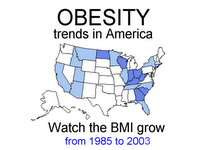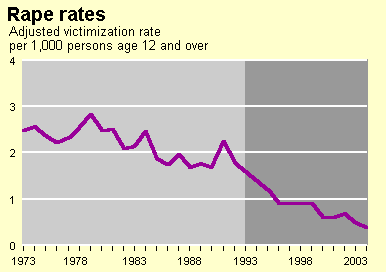 when i moaned that my new office wasn’t air conditioned on sundays, my medsoc friend elaine sent me this twenty-author piece from international journal of obesity, as summarized in slate.
when i moaned that my new office wasn’t air conditioned on sundays, my medsoc friend elaine sent me this twenty-author piece from international journal of obesity, as summarized in slate.
the authors, s. w. keith, d. t. redden, p. t. katzmarzyk, m. m. boggiano, e. c. hanlon, r. m. benca, d. ruden, a. pietrobelli, j. l. barger, k. r. fontaine, c. wang, l. j. aronne, s. m. wright, m. baskin, n. v. dhurandhar, m. c. lijoi, c. m. grilo, m. deluca, a. o. westfall and d. b. allison (do you think professors lijoi and grilo fought over the coveted 16th author position?) suggest some non-obvious contributors to the secular increase in obesity, including diminished sleep, chemicals that mess up our hormones, declining tobacco use, and antidepressants.
perhaps most intriguingly, they point to heating and air conditioning as a potential culprit. if ambient temperatures are a stable 70ish degrees year round, we needn’t expend energy to maintain our body temperature. plus, when the temp hits triple digits in minnesota, we really shouldn’t be all that hungry, right? i’m hedging my bets, so i made sure to fix the office AC.




